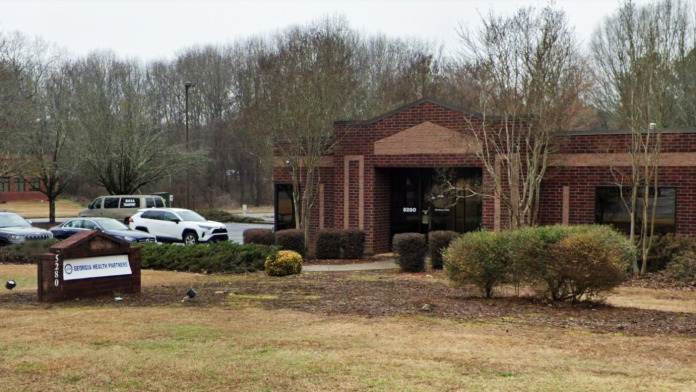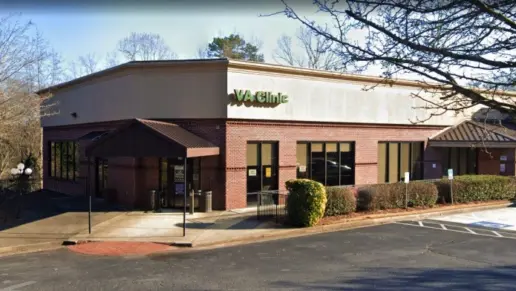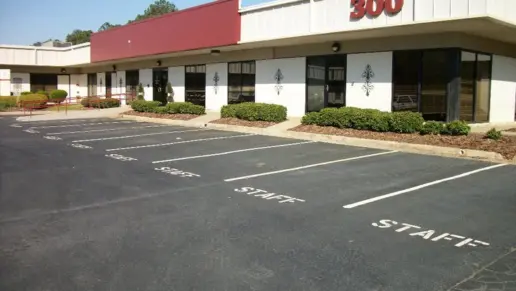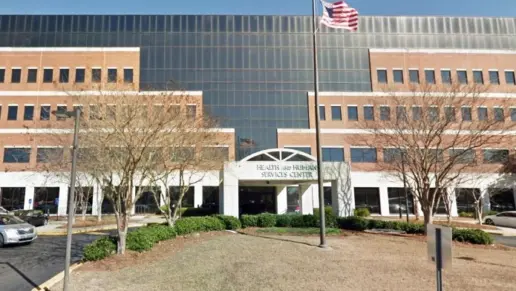About Georgia Health Partners
Georgia Health Partners is an outpatient behavioral health clinic in Decatur, Georgia. They help with mental health support, substance use treatment and even co-occurring conditions. Services are available for children, adolescents and adults. They can offer services in the office, home and school.
Their office is centrally located in DeKalb County. It is easy to reach by car or by Marta. It is wheelchair accessible too. You can take the exit at Panola Road if you’re traveling on I-20 East. Then make a left over the highway and take the first left at SunTrust Bank. That will lead you onto Snapfinger Park Drive. You can check Panthersville Park and Decatur’s Glenwood Hills Park nearby during your visit. They’re great recreational spots.
Their substance use services include assessment, intensive care coordination and counseling. Assessment helps their care team identify treatment needs. They’ll then create a personalized care plan tailored to your needs.
Their 24/7 crisis intervention can be very helpful when you have severe substance use or a mental health crisis. The facility offers individual and family counseling. Individual counseling is all about 1 on 1 session with a therapist. This setup gives you the chance to dive deep into what’s driving your substance use. This could be stress, past trauma or everyday struggle.
Your therapist will work with you to identify triggers and develop healthier coping strategies. This may include effective communication, relationship building and stress management techniques.
You’ll develop skills like solving problems, conflict resolution and social interaction as well. It’s also a safe space to set realistic recovery goals and learn tools for handling cravings or difficult emotions. Family counseling helps you mend relationships and improve relationships with your loved ones. This enables the family to operate as one unit committed to your recovery. This strengthens your support network considerably. Group counseling may be provided as well if you want that.
Their intensive care coordination may include linkage to community resources that support your recovery efforts. These include safe housing, job placement and medical care. The facility may also provide referral services as necessary.
Latest Reviews
Rehab Score
Gallery

Location
Other Forms of Payment
Medicaid is a state based program that helps lower-income individuals and families pay for healthcare. Medicaid covers addiction treatment so those enrolled can use their coverage to pay for rehab. When a program accepts Medicaid the client often pays very little or nothing out of their own pocket.
Self-pay involves paying for treatment out of your own pocket. You can use savings or credit, get a personal loan, or receive help from family and friends to fund your treatment. If you don't have insurance or your insurance plan doesn't cover a specific program, self-pay can help ensure you still get the care you need.
Financial aid can take many forms. Centers may have grants or scholarships available to clients who meet eligibility requirements. Programs that receive SAMHSA grants may have financial aid available for those who need treatment as well. Grants and scholarships can help you pai for treatment without having to repay.
Addiction Treatments
Levels of Care
Treatments
The goal of treatment for alcoholism is abstinence. Those with poor social support, poor motivation, or psychiatric disorders tend to relapse within a few years of treatment. For these people, success is measured by longer periods of abstinence, reduced use of alcohol, better health, and improved social functioning. Recovery and Maintenance are usually based on 12 step programs and AA meetings.
A quality drug rehab in Georgia can help you overcome addiction. This environment is designed to help you address the complex issues contributing to drug dependence. The goal of treatment is to give you the tools you need to make a full recovery.
Many of those suffering from addiction also suffer from mental or emotional illnesses like schizophrenia, bipolar disorder, depression, or anxiety disorders. Rehab and other substance abuse facilities treating those with a dual diagnosis or co-occurring disorder administer psychiatric treatment to address the person's mental health issue in addition to drug and alcohol rehabilitation.
Opioid rehabs specialize in supporting those recovering from opioid addiction. They treat those suffering from addiction to illegal opioids like heroin, as well as prescription drugs like oxycodone. These centers typically combine both physical as well as mental and emotional support to help stop addiction. Physical support often includes medical detox and subsequent medical support (including medication), and mental support includes in-depth therapy to address the underlying causes of addiction.
Substance rehabs focus on helping individuals recover from substance abuse, including alcohol and drug addiction (both illegal and prescription drugs). They often include the opportunity to engage in both individual as well as group therapy.
Programs


Clinical Services
Research clearly demonstrates that recovery is far more successful and sustainable when loved ones like family members participate in rehab and substance abuse treatment. Genetic factors may be at play when it comes to drug and alcohol addiction, as well as mental health issues. Family dynamics often play a critical role in addiction triggers, and if properly educated, family members can be a strong source of support when it comes to rehabilitation.
Group therapy is any therapeutic work that happens in a group (not one-on-one). There are a number of different group therapy modalities, including support groups, experiential therapy, psycho-education, and more. Group therapy involves treatment as well as processing interaction between group members.
Trauma therapy addresses traumatic incidents from a client's past that are likely affecting their present-day experience. Trauma is often one of the primary triggers and potential causes of addiction, and can stem from child sexual abuse, domestic violence, having a parent with a mental illness, losing one or both parents at a young age, teenage or adult sexual assault, or any number of other factors. The purpose of trauma therapy is to allow a patient to process trauma and move through and past it, with the help of trained and compassionate mental health professionals.
Contact Information
5280 Snapfinger Park Drive
Suite 140
Decatur, GA 30035


